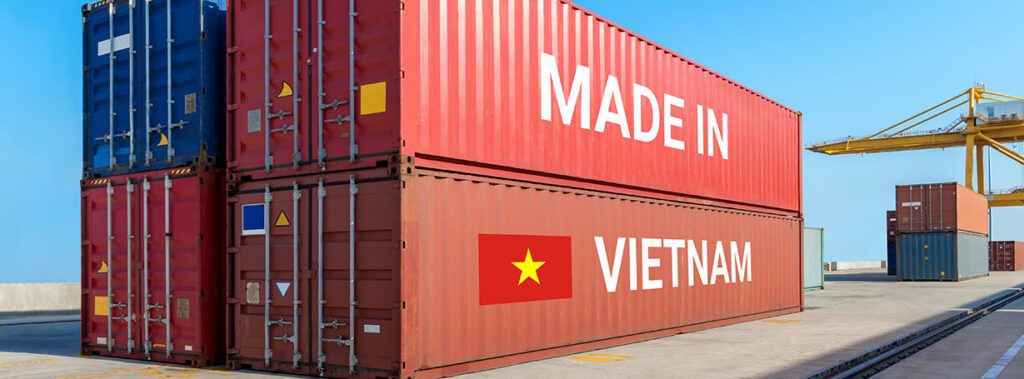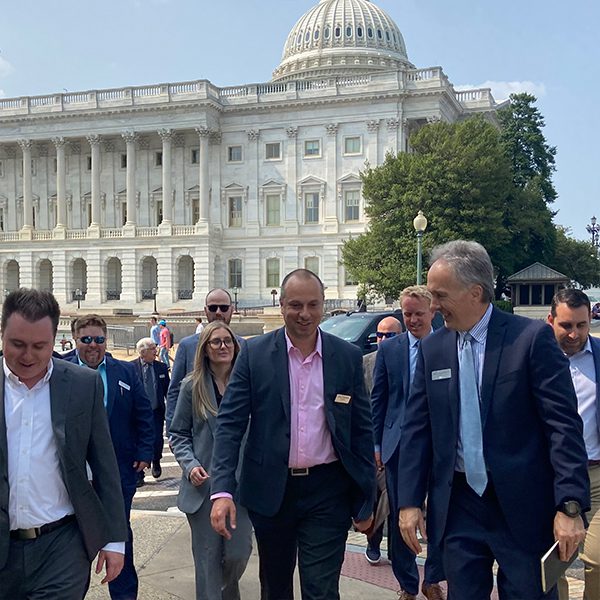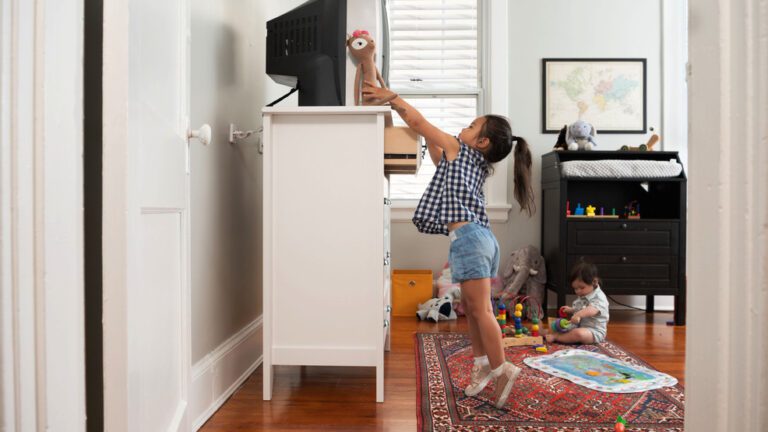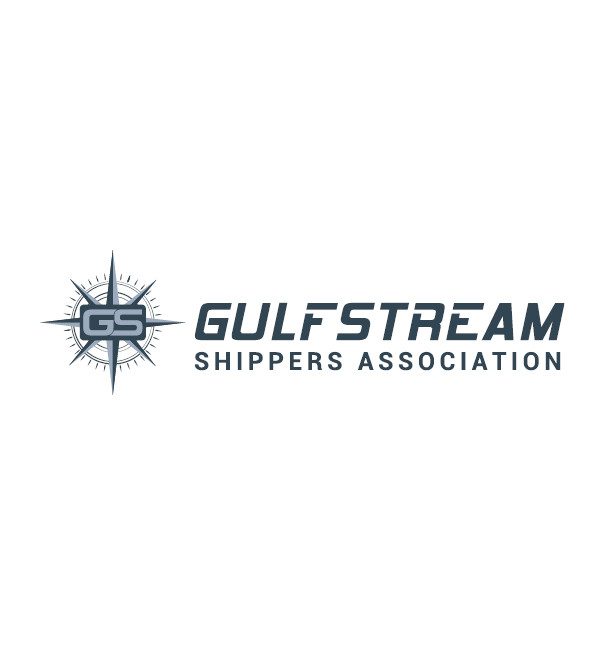Consistency in advocacy engagement has been the main pillar of HFA’s Government Relations Action Team (GRAT) throughout the COVID-19 pandemic.
In October 2020, the U.S. Trade Representative (USTR) announced a Section 301 investigation into alleged misconduct in Vietnam related to currency manipulation and illegal logging. The announcement jolted the furniture industry for a couple of primary reasons:
- In the previous three years, the Trump Administration and USTR had completed a Section 301 investigation into China, resulting in significant tariffs on imported products
- The illegal logging investigation specifically mentioned the wooden furniture industry
One of the primary effects of the tariffs on imports from China shifted supply chains, including furniture, more to Vietnam. In 2020, Vietnam replaced China as the leading exporter of furniture to the United States. The increasing trade relationship and importance comes with a risk of greater oversight which was one of the triggers for the Section 301 investigations into Vietnam.
Many HFA members expressed concern about the investigations related to Vietnam, which prompted the HFA to engage directly with USTR and other stakeholders to show the potential harm of punitive tariffs for U.S. businesses and consumers. HFA CEO Mark Schumacher was a panelist during the public hearing process hosted by USTR in December 2020. We also met with key congressional members and staff to tell them of the potential impacts to furniture retailers if more tariffs were layered on these products. Throughout our engagement, we repeatedly condemned any illegal logging activities and stressed that tariffs did nothing to change the behavior of any bad actors.
As the USRTR transitioned to new leadership in January 2021, the outgoing Administration outlined the status of the Vietnam investigations with a lengthy briefing package on documented Vietnam currency issues. There was nothing substantive shared on the illegal logging investigation – and little evidence was presented to USTR regarding illegal logging during the public hearing process.
As the new USTR and staff reviewed the Vietnam investigation, rumors began that they were preparing a list of potential products for tariffs. HFA acted again to send another letter to USTR Katherine Tai, further underscoring the economic harm and ineffective policy that tariffs have shown. We continued to support negotiations and a resolution between the U.S. and Vietnam. Recently, the U.S. Treasury announced an agreement had been reached with their counterparts in Vietnam related to the currency manipulation investigation. Further, the USTR examined the agreement, and determined tariffs were not necessary.
HFA’s consistency in advocacy engagement will more often lead to tangible results that benefit furniture retailers as they navigate these unprecedented times. We are currently engaged in a similar arch related to global supply chain issues and their impacts on our industry.












